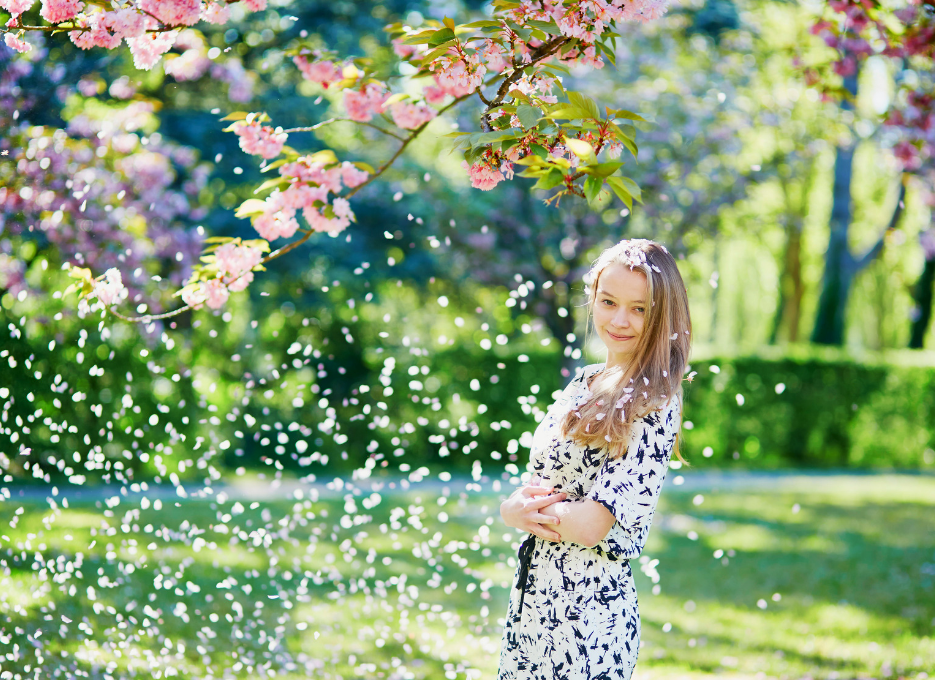Natural Ways to Beat the Change of Season Sniffles
When the seasons change that often means hayfever is close behind. Itchy eyes, pouring nose, fatigue, and cough are all reasons why moving into a new season can be a real pain. There are many over the counter and prescription potions and sprays that can alleviate these symptoms, but what if you’re after a more natural solution?
Luckily we have your back (or your nose?). Here are three ways to ditch the tissues and enjoy the outdoors again.
Probiotics
This is one natural treatment both the scientific and alternative health communities get behind. The ingestion of good quality probiotics definitely seem to have a therapeutic effect on allergic rhinitis. In fact there are many published studies have shown that probiotics regulate the body’s immune response to allergies. But you do need to choose the right ones…
What you should to look for are a combination of lactobacilli and bifidobacteria, sometimes sold as Kyo-Dophilus in stores, as it helps maintain digestive health and parts of the immune system. Researchers think these probiotics may work by increasing the human body’s percentage of regulatory T-cells, which in turn might increase tolerance to hayfever symptoms.
Bee pollen/Local Raw Honey
We all know how amazing these little pollinators are – without them there’d be no flowers or fruit! And the honey that bees produce is more than just a delicious treat, it also has an enormous range of health benefits.
Eating local honey for hayfever works on a similar principle to allergy shots. When you eat local honey, you should be ingesting local pollen. The theory is that over time, you become less sensitive to this pollen and experience fewer seasonal allergy symptoms. While the jury is out in the scientific community on this one (not nearly enough studies have been done) there is a mountain of anecdotal evidence that local bee pollen can be a life-changer.
But remember that the effect is gradual and doesn’t work for everyone. If you’d like to give it a try, you’ll need to take at least two teaspoons of quality raw honey every day (not that stuff from the supermarket that comes in a little squeezy bear) and get your regimen started months before Spring hits. It’s definitely a yummy experiment to try!
(But remember to never I’ve honey to a child under 12 months of age).

Vitamin C
What’s that you say? Vitamin C is only good for treating colds and fevers? Let me stop you right there.
Science shows that oxidative stress is a key factor in the development of allergic diseases and that targeting this issue can treat allergies. To that end there have been studies done showing how IV Vitamin C can prevent excessive inflammation and help symptoms, all without hurting your immune system.
Basically Vitamin C is nature’s antihistamine and it’s easy take in a myriad of forms. You don’t have to hook up to an IV, instead try a good quality supplement or a wholefood capsule or gummy that is high in the vitamin and other antioxidants.
Whatever you choose to do, we wish you luck with beating the seasonal sniffles!
Love our vibe?
Learn about becoming a part of our tribe of Mumpreneurs…
